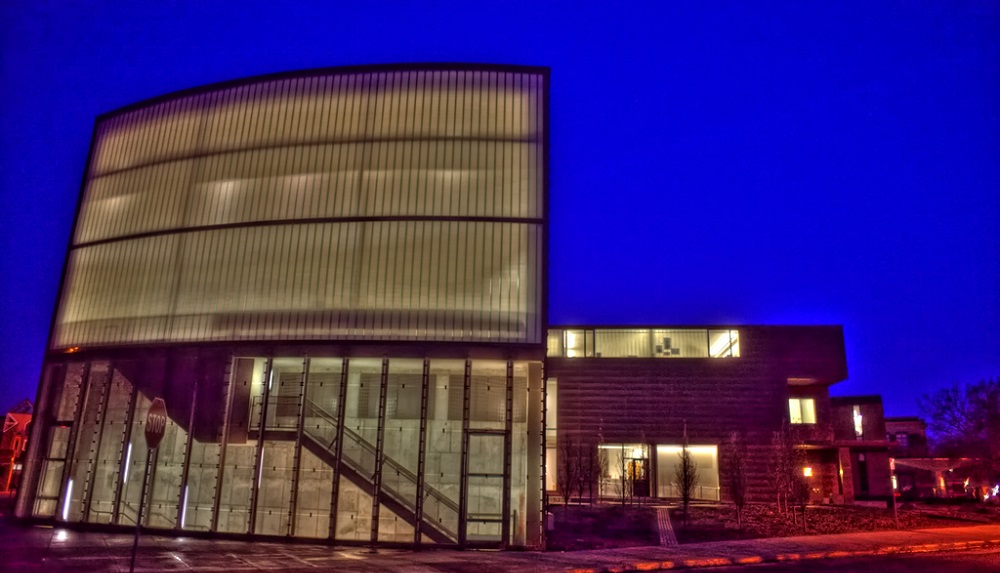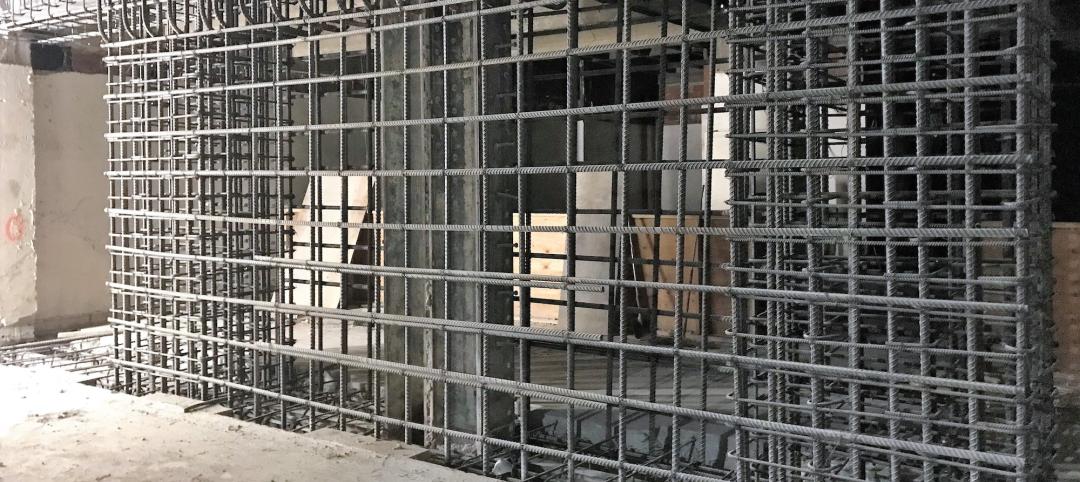The Minneapolis offices of HGA Architects and Engineers (HGA) and Perkins+Will have been approved as partners with the University of Minnesota College of Design in the Upper Midwest hub of the National Resilience Initiative (NRI) network.
Established in 2013 by the Clinton Global Initiative, the NRI network was created to help local communities prepare for the impacts of natural disasters and climate change. The American Institute of Architects Foundation, along with the AIA and the Association of Collegiate Schools of Architecture, made this announcement.
The hub will be housed within the Center for Sustainable Building Research (CSBR), part of the College of Design at the University of Minnesota.
“In the coming decades, the ability to help cities and towns address and prepare for climate change will be of paramount importance, in order to ensure the resilience and sustainability of our communities,” Tim Carl, FAIA, Chief Executive Officer, HGA, said in a statement.
HGA has a history of projects that focus on resiliency, sustainability and community engagement and is researching and implementing resilient design strategies around external risks--climate change, security risk, infrastructure disruptions, and natural disaster--that have the potential to interfere with delivery of critical services.
Dave Dimond, FAIA, Director of Design for the Minneapolis office of Perkins+Will, said his firm is eager to partner with HGA and the College of Design.
“Time is of the essence for resilience thinking to move into the mainstream of building and community design,” he said in a statement.
Perkins+Will has worked with the College of Design on interdisciplinary research and new practices that address resilience and sustainable community design. The firm led the research and development of the new global metric on resilience known as RELi. The RELi Action List & Credit Catalog is used for systematic thinking in the design of communities as they respond to weather extremes, economic disruption and resource depletion.
The Upper Midwest hub includes the School of Architecture and Department of Landscape Architecture in partnership with the Center for Changing Landscapes, the Institute on the Environment, and the Resilient Communities Project in the Center for Urban and Regional Affairs. Design Intelligence, in its 2016 America's Best Architecture & Design Schools survey, ranked the sustainable design program in the College of Design’s School of Architecture #5 in the nation.
The national NRI network consists of six university-based design centers located at the University of Minnesota, California Polytechnic State University, Hampton University, Mississippi State, The University of Arkansas, and the New Jersey Institute of Technology.
Related Stories
Products and Materials | Jan 18, 2023
6 innovative products for multifamily developments
Here are six innovative products for various multifamily developments, including a condominium-wide smart electrical system, heavy-duty aluminum doors, and prefabricated panels.
Adaptive Reuse | Jan 12, 2023
Invest in existing buildings for your university
According to Nick Sillies of GBBN, students are increasingly asking: "How sustainable is your institution?" Reusing existing buildings may help answer that.
Sponsored | Resiliency | Dec 14, 2022
Flood protection: What building owners need to know to protect their properties
This course from Walter P Moore examines numerous flood protection approaches and building owner needs before delving into the flood protection process. Determining the flood resilience of a property can provide a good understanding of risk associated costs.
Green | Dec 9, 2022
Reaching carbon neutrality in building portfolios ranks high for organizations
Reaching carbon neutrality with their building portfolios ranks high in importance among sustainability goals for organizations responding to a Honeywell/Reuters survey of senior executives at 187 large, multinational corporations. Nearly nine in 10 respondents (87%) say that achieving carbon neutrality in their building portfolio is either extremely (58%) or somewhat (29%) important in relation to their overall ESG goals. Only 4% of respondents called it unimportant.
Green | Dec 9, 2022
Newly formed Net Zero Built Environment Council aims to decarbonize the built world
Global management consulting firm McKinsey recently launched the Net Zero Built Environment Council, a cross-sector coalition of industry stakeholders aiming to decarbonize the built world. The council’s chief goal is to collaboratively create new pathways to cut greenhouse gas emissions from buildings.
Adaptive Reuse | Dec 9, 2022
What's old is new: Why you should consider adaptive reuse
While new construction allows for incredible levels of customization, there’s no denying that new buildings can have adverse impacts on the climate, budgets, schedules and even the cultural and historic fabrics of communities.
75 Top Building Products | Nov 30, 2022
75 top building products for 2022
Each year, the Building Design+Construction editorial team evaluates the vast universe of new and updated products, materials, and systems for the U.S. building design and construction market. The best-of-the-best products make up our annual 75 Top Products report.
Seismic Design | Nov 16, 2022
SPC-4D: 7 reasons California hospital building owners should act now to meet seismic compliance
Seismic compliance with the applicable California building codes is onerous and disruptive for building owners, especially for a building in the heavily regulated sector of healthcare. Owners of older buildings that house acute care services have a big deadline on the horizon—Jan. 1, 2030, the cutoff date to upgrade their buildings to SPC-4D.
Energy-Efficient Design | Nov 14, 2022
How to achieve net zero energy in five steps
Martine Dion and Ethan Seaman share net zero energy best practices with owners and developers.
Resiliency | Nov 8, 2022
Oregon wildfire risk law prompts extensive backlash from property owners
A bipartisan bill aimed at protecting property owners from wildfires that was passed by the Oregon legislature has prompted a strong backlash.
















